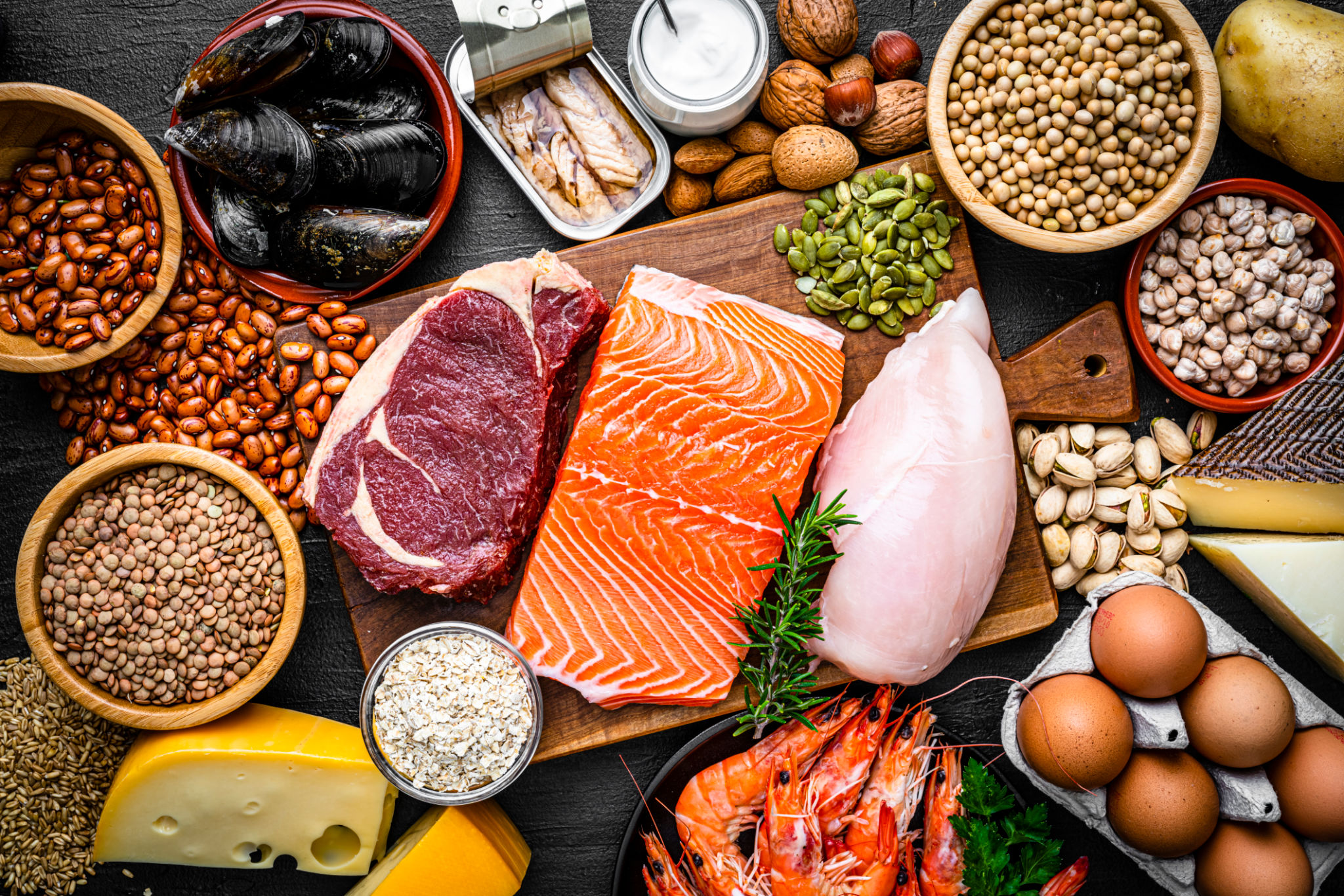The Importance of Nutrition in Your Fitness Journey
The Role of Nutrition in Fitness
Embarking on a fitness journey involves more than just hitting the gym or sticking to a workout routine. A crucial component that often determines the success of your fitness goals is nutrition. Understanding the importance of what you consume can significantly enhance your performance and results. Nutrition fuels your body, aids in recovery, and supports overall well-being, making it an indispensable part of any fitness program.

Fueling Your Body for Optimal Performance
Just like a car needs the right fuel to run efficiently, your body requires the right nutrients to perform at its best. The food you eat provides the energy necessary for physical activities and helps maintain stamina. Carbohydrates, proteins, and fats are essential macronutrients that supply your body with energy. Carbohydrates are particularly important as they are the primary source of energy during exercise. Consuming a balanced diet ensures that you have enough energy to power through workouts and daily activities.
The Importance of Protein
Protein plays a significant role in muscle repair and growth, which is crucial when you're engaging in regular workouts. When you exercise, especially strength training, your muscles undergo stress and small tears. Protein helps repair these tears, leading to muscle growth and increased strength. Include sources of protein such as lean meats, dairy products, and plant-based options like beans and lentils to support muscle recovery.

Hydration: The Unsung Hero
While often overlooked, hydration is a key component of nutrition in any fitness journey. Staying well-hydrated ensures that your body functions optimally and can help prevent fatigue during workouts. Water regulates body temperature, lubricates joints, and transports nutrients throughout the body. Make it a habit to drink enough water daily, especially before, during, and after exercise.
Vitamins and Minerals: Small but Mighty
Micronutrients such as vitamins and minerals might be required in small amounts, but their impact on your fitness journey is substantial. They play various roles, from strengthening bones to supporting the immune system. Incorporating a variety of fruits and vegetables in your diet can provide these essential nutrients, ensuring that your body operates at its peak efficiency.

Creating a Balanced Diet
A balanced diet tailored to your fitness goals is vital for long-term success. Here are some tips to create a diet that complements your fitness journey:
- Plan meals around whole foods rather than processed items.
- Ensure each meal contains a mix of macronutrients - carbs, proteins, and fats.
- Incorporate plenty of fruits and vegetables for vitamins and minerals.
- Avoid excessive sugar and sodium intake.
Listening to Your Body
Your nutritional needs may vary depending on the intensity and type of workouts you engage in. Pay attention to how your body responds to different foods and adjust accordingly. Some people may require more carbohydrates for energy, while others might need more protein for muscle recovery. Experimenting with different foods can help you find what works best for your body.

The Long-Term Benefits
Focusing on nutrition not only boosts your fitness performance but also contributes to overall health improvements. Proper nutrition can lead to better sleep quality, enhanced mental clarity, and improved mood. By making informed dietary choices, you're investing in a healthier future.
In conclusion, while exercise is vital in any fitness journey, nutrition is equally important. By understanding and implementing sound nutritional practices, you can maximize your results and maintain a healthier lifestyle. Remember, what you eat today shapes your performance tomorrow.